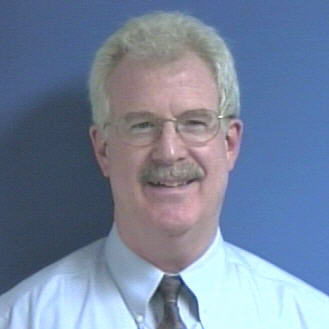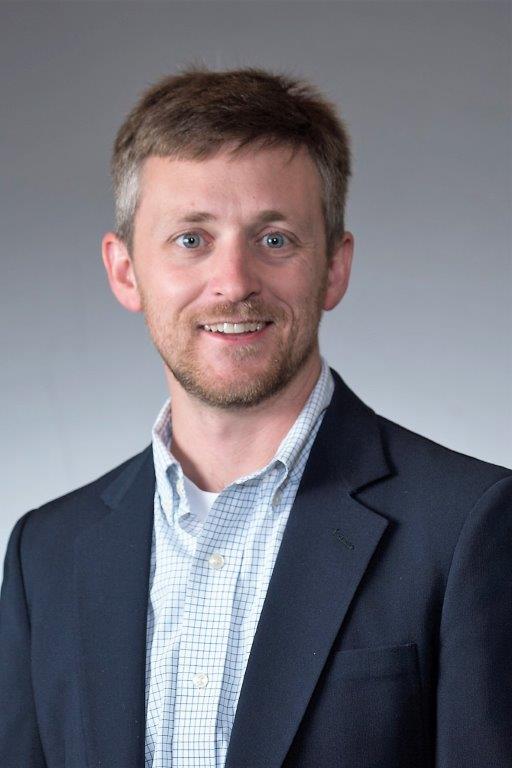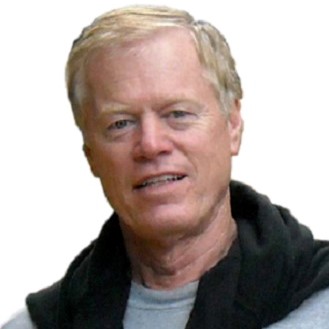 By Dave Carver, PhD
By Dave Carver, PhD
IOA Board of Directors
As the COVID-19 crisis continues with no end in sight, organizational ombuds are confronted with unprecedented challenges that could lead to new opportunities for expanding our unique independent, impartial, informal, confidential role. But first we need to find ways to take care of ourselves as we look forward to a post-COVID “new normal.” Self-care can be difficult when we are isolated and spending many hours each day staring at our computer screens. Even in pre-pandemic times the ombuds role is often a lonely one, with many of us working in solo practices or communicating virtually with distant visitors. So, here are some basic tips for ombuds staying healthy in both mind and body.
- Practice a "quiet time" stress management method of your choice for at least 20 minutes daily. Some examples of quiet time practices include deep breathing, mindfulness meditation, prayer, or positive affirmations.
- Daily physical activity can help to ease stress and brighten your mood. Weather permitting, some direct sunlight and fresh air will provide a refreshing break from long periods of online interaction.
- Spend a few minutes each day reviewing your strengths and accomplishments, including your goals and values. Avoid perfectionistic self-criticism and comparing yourself to others negatively.
- Make a commitment to get 7-8 hours of high quality sleep whenever possible. Make sure your sleeping room is dark, not too hot or cold, and free from unnecessary electronic distractions. Don’t sleep with your smartphone! Avoid excessive caffeine or alcohol consumption and stop working at least 30 minutes before bedtime.
- Stay in touch with supportive friends and family, while avoiding large crowds and shared public spaces as much as possible. Look for sources of humor in your daily life. Remember the old saying, laughter is the best medicine!
- Spend a few minutes daily reviewing the things you have to be grateful for in your life.
- Maintain regular contact with your ombuddies, ombuds allies, and other trusted colleagues. We need to maintain meaningful human contact, even when regular in-person meetings are not possible. And make it a point to reach out to others who appear to be struggling. We are all in this together!
In these times where stress may be high, what are some additional self-care strategies that help you cope? Please feel free to share in the comment section below.

 By Ryan Smith
By Ryan Smith



 White text on purple background – “Register now” – next to a line drawing of a figure in a circle.
White text on purple background – “Register now” – next to a line drawing of a figure in a circle.